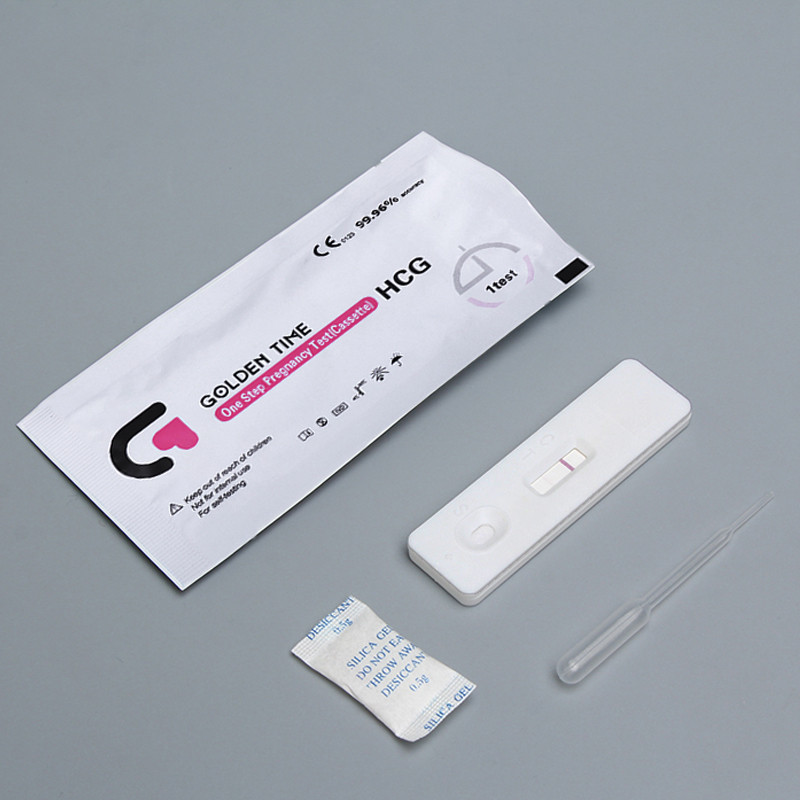Jul . 28, 2024 13:29 Back to list
Rapid Testing for Dengue IgM Antibodies A Quick Diagnostic Approach for Early Detection
Understanding the Dengue IgM Rapid Test
Dengue fever is a mosquito-borne viral infection that poses a significant health risk in tropical and subtropical regions globally. This disease, caused by the dengue virus, can lead to severe complications, including dengue hemorrhagic fever and dengue shock syndrome. Quick diagnosis is essential for effective management, and one of the key tools in this process is the Dengue IgM rapid test.
Understanding the Dengue IgM Rapid Test
One of the primary advantages of the Dengue IgM rapid test is its speed. Traditional laboratory tests, such as polymerase chain reaction (PCR), can take longer to yield results. In contrast, the rapid test can provide results within 15 to 30 minutes. This rapid turnaround allows healthcare providers to make timely decisions regarding patient management and treatment, significantly affecting patient outcomes. For instance, early diagnosis can help in monitoring the progression of the disease and in implementing necessary precautions to prevent severe complications.
dengue igm rapid test

The test is also advantageous in remote or resource-limited settings where access to sophisticated laboratory facilities may be limited. The Dengue IgM rapid test is typically simple to perform, requiring only a small sample of blood, which can be obtained via a finger prick. This ease of use increases accessibility in areas where dengue is endemic, ensuring that more patients receive timely diagnosis and treatment.
Despite its advantages, it is important to note that the Dengue IgM rapid test has limitations. The accuracy of the test depends on the timing of the sample collection. Positive IgM results indicate recent infection; however, false negatives can occur if the test is conducted too early in the course of the illness. Moreover, since the presence of IgM antibodies can persist for months after recovery, there is also the potential for false positives in patients with a history of dengue infection. Therefore, confirmatory testing using more definitive methods, such as PCR or dengue NS1 antigen tests, is recommended in cases where the rapid test results are inconclusive.
Healthcare professionals should also consider the context in which the test is used. The interpretation of results should take into account the patient’s clinical history, exposure risks, and prevalent epidemiological data in the community. Combining the rapid test results with clinical evaluation will enhance decision-making, leading to better patient care.
In conclusion, the Dengue IgM rapid test plays a crucial role in the timely diagnosis of dengue fever, particularly in endemic regions. Its rapid results and ease of use make it an indispensable tool in the fight against this viral infection. Nonetheless, like all diagnostic tools, it is most effective when used in conjunction with comprehensive clinical assessments and follow-up testing to ensure accurate diagnosis and effective management of dengue fever. As research and technology advance, improvements in diagnostic methods will continue to play a vital role in controlling and preventing dengue outbreaks worldwide.
-
Dengue NS1 Rapid Diagnostic Test Kit
NewsMar.07,2025
-
Dengue NS1 Rapid Diagnostic Test Kit
NewsMar.07,2025
-
Dengue NS1 Rapid Diagnostic Test Kit
NewsMar.07,2025
-
Transferrin Rapid Test Cassette Tumor Marker TF Card
NewsMar.07,2025
-
Malaria Pf Pan Rapid Diagnostic Test Kit
NewsMar.07,2025
-
malaria pf / pan ag rapid test
NewsMar.07,2025

